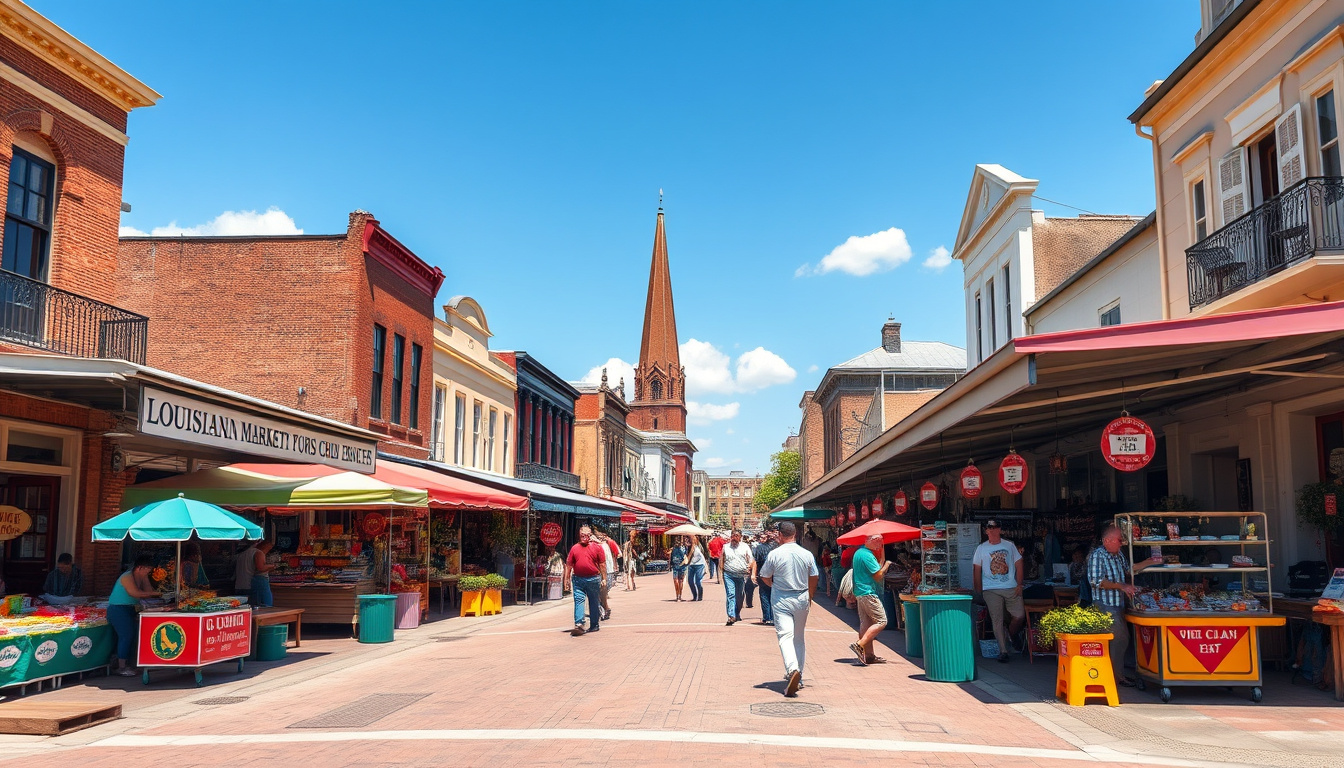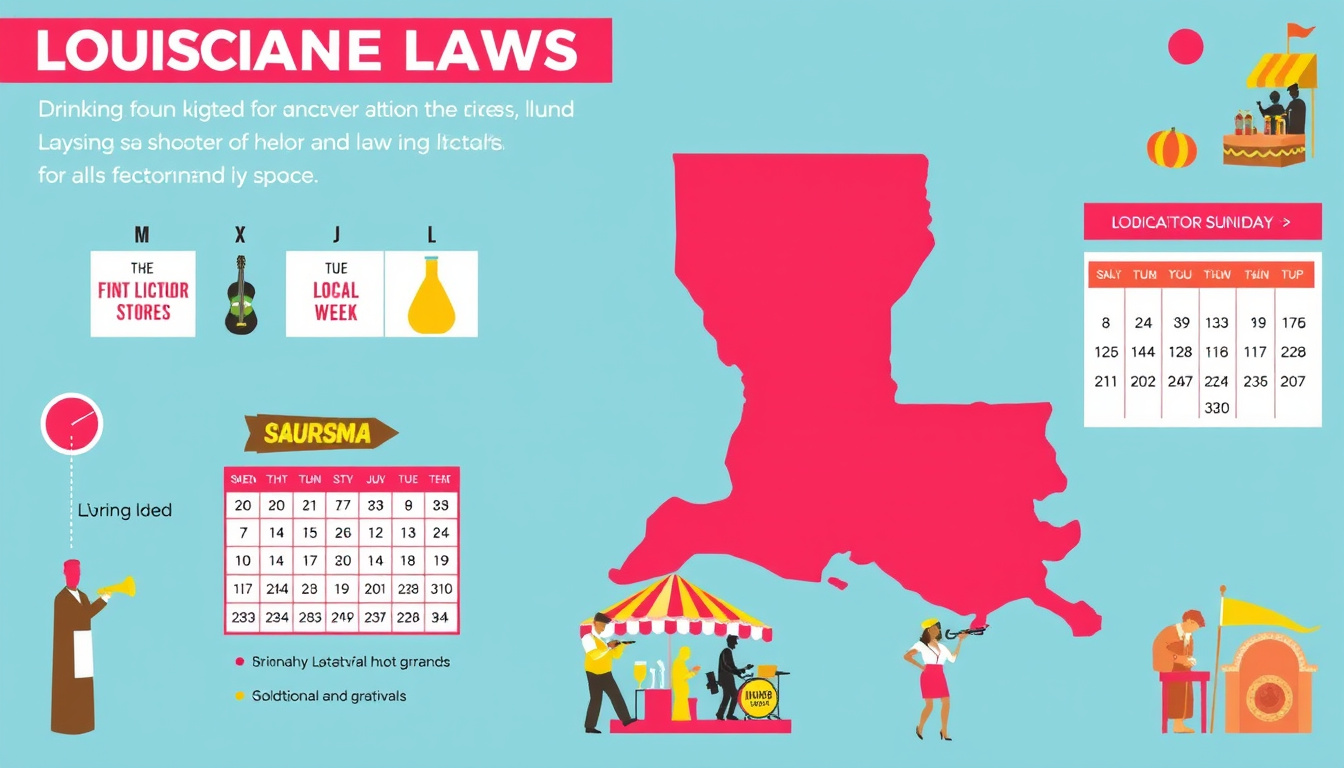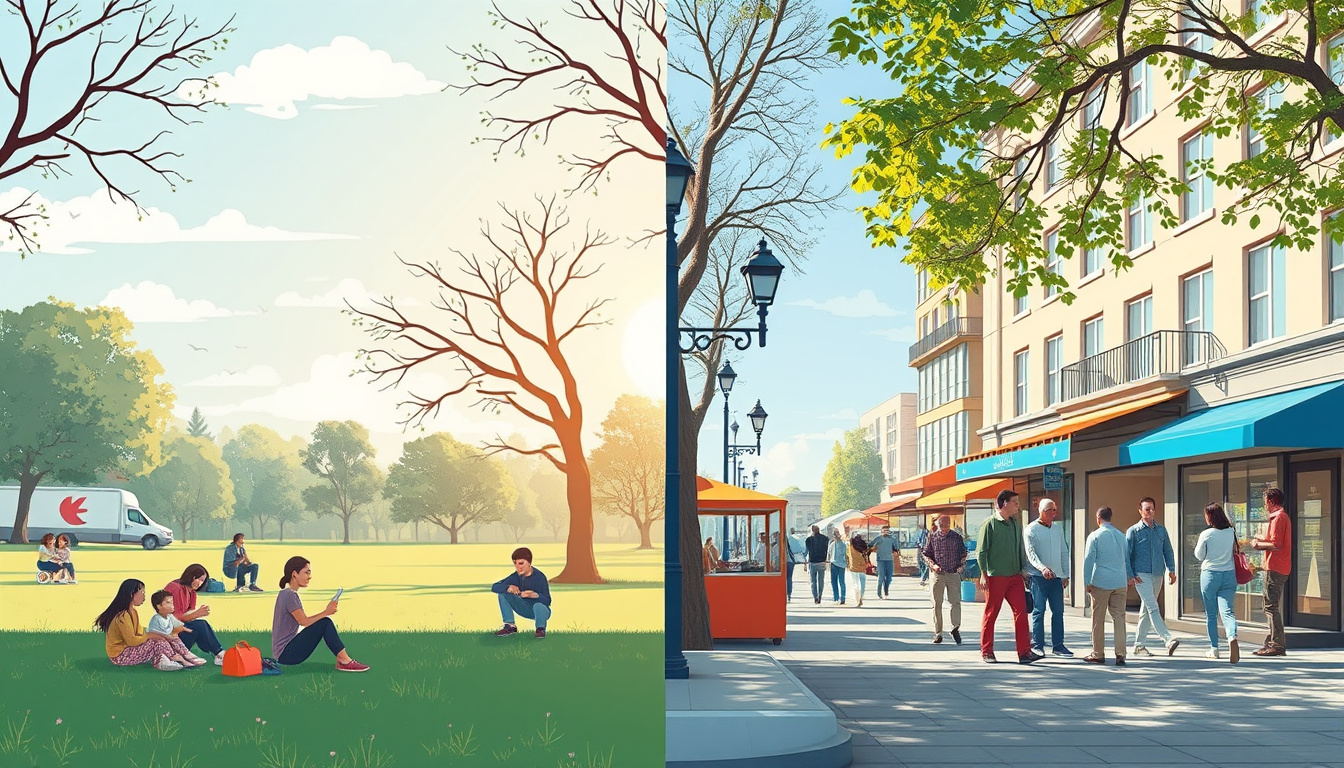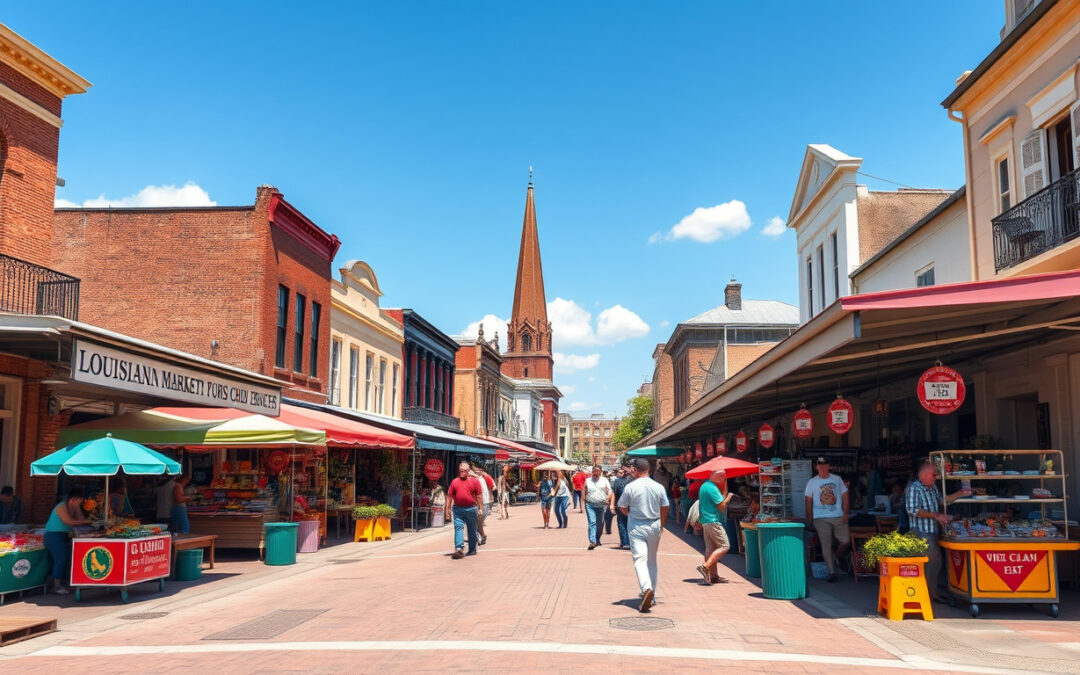In the state of Louisiana, residents and visitors alike may find themselves wondering, ‘What is the blue law in Louisiana?’ Blue laws have a rich historical context, deeply rooted in the cultural and social fabric of the state. As we explore this intriguing aspect of Louisiana’s legal landscape, we will delve into the definition of blue laws, their historical background, current regulations, and their implications for businesses and consumers. Additionally, we will weigh the arguments for and against these laws while contemplating the future of blue laws in Louisiana. Join us as we navigate this captivating topic that bridges tradition with modern-day legal practices.

Key Takeaways
- Blue laws in Louisiana restrict certain activities on Sundays, primarily impacting retail operations.
- Historically, blue laws originated from colonial times, reflecting religious observance and moral standards.
- Current regulations allow specific exemptions for businesses, but many still face restrictions on Sunday sales.
- Proponents argue blue laws preserve family time and community values, while opponents claim they hinder economic growth.
- The future of blue laws in Louisiana is uncertain as public opinion and economic needs continue to evolve.
Definition of Blue Laws
Blue laws, often referred to as Sunday laws, are regulations that restrict or ban certain activities on Sundays, primarily to uphold the traditional observance of this day as a time for rest and worship. In Louisiana, these laws have historical roots and are part of the state’s unique legal framework. So, what is the blue law in Louisiana? Essentially, Louisiana’s blue laws prohibit specific activities, such as the sale of alcohol, on Sundays. This legislation seeks to maintain a balance between social, religious, and commercial activities within the state. However, it’s important to note that certain local jurisdictions may have their own variations or exemptions regarding blue laws, making the application of these rules somewhat complex. Understanding Louisiana’s blue laws can provide insights into the state‘s cultural values and regulatory environment.
Historical Background of Blue Laws in Louisiana
Understanding what the blue law in Louisiana entails requires a dive into the historical context that shaped its development. Blue laws, which restrict certain activities on Sundays, have their roots in colonial America and reflect a mix of religious and social values. In Louisiana, these laws were established primarily to uphold community morals and encourage church attendance. Over time, the blue law in Louisiana has evolved, but remnants of its original intention remain embedded in state legislation. For instance, many restrictions surrounding business operations and leisure activities on Sundays still apply, influencing how residents plan their weekends. This blend of historical precedent and cultural adherence makes the blue law an intriguing aspect of Louisiana’s legal landscape, prompting many to question what specific regulations continue to affect them today.
‘Laws are like cobwebs, which may catch small flies, but let wasps and hornets break through.’ – Jonathan Swift

Current Regulations Under Louisiana Blue Laws
The blue laws in Louisiana, often referred to as current regulations regarding commercial activities on Sundays and certain holidays, have a rich history rooted in the preservation of religious observance and community standards. So, what is the blue law in Louisiana? Essentially, these laws prohibit various types of commerce on Sundays, particularly the sale of alcohol and specific retail items, reflecting the state’s cultural values and heritage. While there have been many amendments and discussions surrounding these laws over the years, today they still significantly impact how businesses operate on Sundays in Louisiana. For example, many grocery stores and alcohol-selling establishments face restrictions that vary by parish, leading to a patchwork of regulations that can confuse both consumers and business owners. Understanding the nuances of Louisiana’s blue laws is crucial for anyone looking to navigate the state’s unique legal landscape, whether you’re a local resident or a visitor.
Impact of Blue Laws on Businesses and Consumers
Blue laws, particularly in Louisiana, represent a unique blend of legislation aimed at regulating certain behaviors on Sundays and, in some cases, specific holidays. As we delve into the question, ‘What is the blue law in Louisiana?’ we uncover regulations that primarily prohibit various commercial activities on Sundays. These laws have historically been rooted in religious traditions, aiming to preserve the sanctity of the Sabbath. For businesses, the impact of these blue laws can be significant. Many retail establishments, particularly those dependent on weekend sales, find their operations limited, resulting in reduced revenue potential. On the consumer side, shoppers seeking to take advantage of their days off may encounter frustration due to the lack of available services and stores, potentially driving them to seek options in neighboring states with more lenient regulations. The ongoing debate regarding the relevance and necessity of such laws continues to evolve, particularly as societal norms shift towards a more secular approach to the workweek. Understanding the implications of blue laws in Louisiana is essential for both business owners and consumers navigating this complex legal landscape.

Arguments For and Against Blue Laws
The topic of blue laws, particularly in relation to Louisiana, often stirs debate among various community members. What is the blue law in Louisiana? Essentially, blue laws refer to regulations that restrict certain activities on Sundays or other designated days, historically aimed at maintaining religious observance and moral standards. Proponents of blue laws argue that they serve to encourage family time and community cohesion, providing a day of rest from the hectic pace of the week. Additionally, supporters often claim that these laws uphold traditional values, preserving the cultural identity of regions with strong religious influences. Conversely, critics of blue laws contend that they infringe upon personal freedoms and economic choices, limiting both consumer options and business operations, especially in a diverse state like Louisiana where tourism and hospitality play vital roles in the economy. They advocate for the repeal of such laws, suggesting that modern society should allow individuals to make their own choices on how to spend Sundays without government intervention. The discussion surrounding blue laws in Louisiana invites a broader examination of the intersection between law, morality, and personal liberties.
Future of Blue Laws in Louisiana
The future of blue laws in Louisiana continues to hold significant interest for both residents and lawmakers alike as it reflects the evolving relationship between state regulations and societal norms. Blue laws, which are statutes prohibiting various activities on Sundays, primarily aim to uphold religious observances and promote a family-oriented day of rest. In Louisiana, these laws impact a range of activities, from prohibiting the sale of alcohol to restricting certain business operations. However, as the state grapples with economic pressures and shifting values, questions arise surrounding the necessity and relevance of these laws. As Louisiana strives to balance tradition with modernity, many are asking: What is the blue law in Louisiana, and will its legacy continue into the future? Advocates for reform argue that adjusting these laws could boost local businesses, especially in tourist-driven areas. Meanwhile, proponents of the blue laws highlight their role in preserving cultural heritage and the significance of maintaining a day of rest. As lawmakers consider the implications of change, the trajectory of blue laws in Louisiana remains a topic ripe for discussion.


